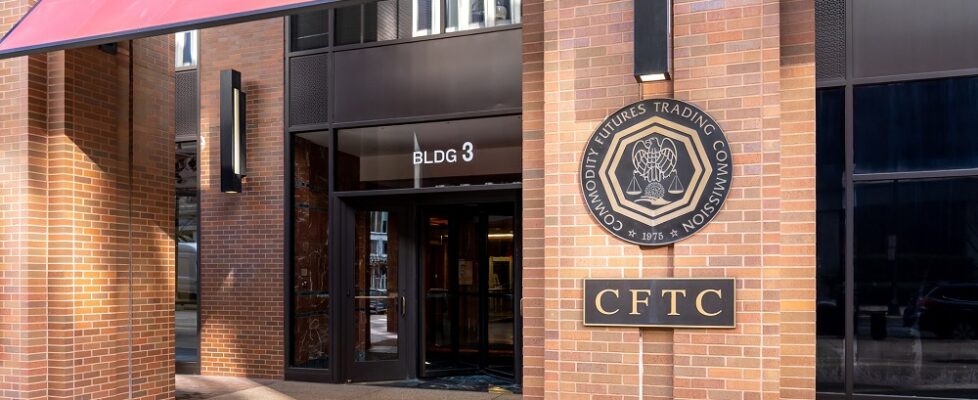CFTC curtails its operations due to US Govt shutdown
The Federal Government lapse in appropriations has prompted the Commodity Futures Trading Commission (CFTC) to curtail its operations.
The vast majority of the agency’s operations have ceased. However, some operations will continue pursuant to exceptions set forth in the Antideficiency Act and elaborated by opinions from the Department of Justice, Office of Legal Counsel (OLC), and guidance from the Office of Management and Budget (OMB).
In general, the agency may continue “excepted” functions that meet any of the following criteria:
- Those that have a continuing source of funding (such as the CFTC’s Customer Protection Fund);
- Those for which a statute or other legal requirement expressly authorizes an agency to obligate funds in advance of appropriations;
- Those that an agency must continue in the absence of appropriations because their continuation is “necessarily implied” from the authorized continuation of other activities;
- Those that are necessary to preserve the safety of life or the protection of property; or
- Those that are necessary for the discharge of the President’s constitutional duties.
Most of the CFTC’s excepted functions are those that are deemed necessary for the protection of property, including the markets the CFTC regulates:
In the absence of government supervision, the stock markets, commodities and futures exchanges would be unable to operate … these actions and the others required as part of a true shut down of the federal government would impose significant health and safety risks on millions of Americans, some of which would undoubtedly result in the loss of human life, and they would immediately result in massive dislocations of and losses to the private economy, as well as disruptions of many aspects of society and of private activity generally, producing incalculable amounts of suffering and loss.
OLC Memorandum for the Director of the Office of Management and Budget, Government Operations in the Event of a Lapse in Appropriations, OLC Opinion, at 2-3 (Aug.16, 1995).
Consistent with this, the CFTC has identified employees who are necessary to perform these excepted functions during a lapse in appropriations:
- Assuming the plan is implemented on or after October 1, 2025, the CFTC has approximately 543 employees on board. There are an additional 18 employees in the Whistleblower Office (WBO), Office of Customer Education and Outreach (OCEO), and Division of Administration (DA) who are funded by resources other than annual appropriations.
- Of the 543 employees, 31 have been identified as excepted from the restrictions of the Antideficiency Act, because their work conforms to one or more of the excepted functions. This represents approximately 5.7% of the CFTC’s staff.
- The 18 employees in the WBO, OCEO, and DA who are exempt from furlough because their operations are funded through a separate funding source unrelated to the CFTC’s annual appropriation.
- Commissioners and the Chairman are PAS appointees (Presidential appointees with Senate confirmation) and most are exempt from furlough. Their respective staffs, however, are subject to furlough under the requirements of the Antideficiency Act.
- With limited exceptions, all employees who are not identified as excepted would require no more than four hours to conduct an orderly shutdown of agency operations.
- Of the 543 CFTC employees noted, there are no employees that are excepted because they are engaged in military, law enforcement, or direct provision of health care activities or because their compensation is financed by a resource other than annual appropriations.
The limited contingent of excepted employees has been identified to ensure, to the extent practicable, the oversight of the derivatives markets and to police those markets to ensure they are free of fraud and manipulation. In the event that circumstances change such that an activity not initially identified as an excepted function may have become so, the excepted employees will be responsible for notifying appropriate agency officials, who then will make a determination as to whether the activity constitutes an excepted function and whether additional employees must be recalled from furlough to perform the function.




